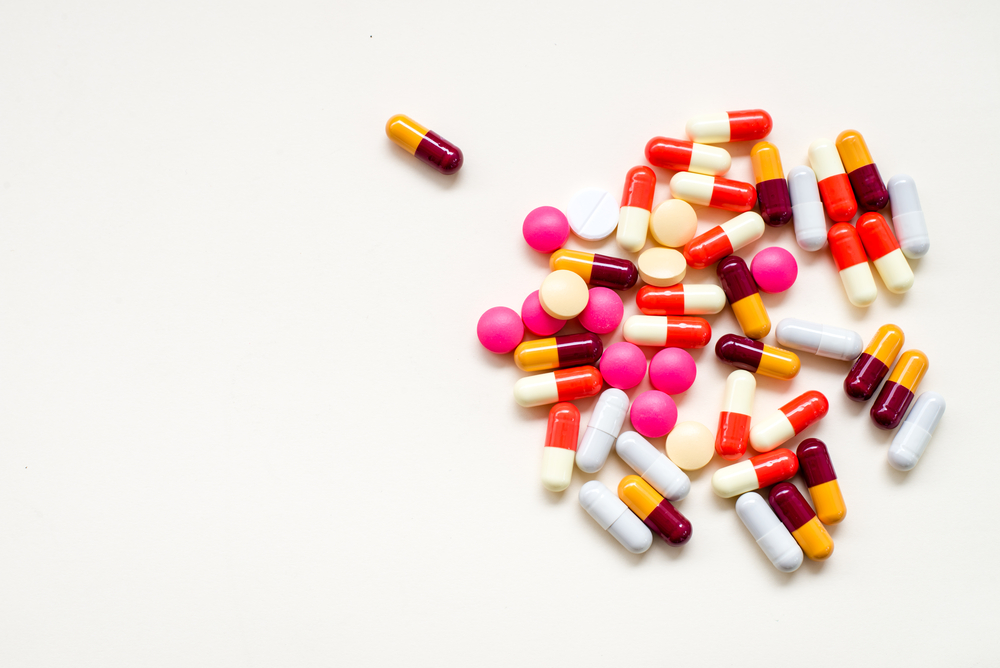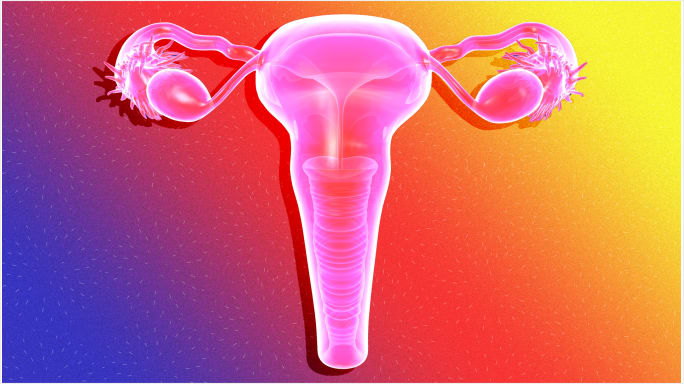If you’ve ever struggled with depression or anxiety, you might have been encouraged to try an SSRI.
SSRIs (Selective Serotonin Reuptake Inhibitor) are drugs used to treat anxiety and depression disorders (they are colloquially referred to as antidepressants). You’ve probably heard of some of them before, such as, Prozac, Zoloft, Celexa, and Lexapro.
Every SSRI works a bit differently, but they all help the body control its serotonin levels. Serotonin is a chemical in the brain (called a neurotransmitter) released by nerves that helps regulate mood. To control the amount of serotonin in the brain, the nerves that release it, reabsorb some of it after the initial release.
People with depression and anxiety have baseline lower levels of serotonin. As a result, an SSRI is used to slow down how fast the nerves reabsorb serotonin, allowing the levels in the brain to rise and therefore increasing a person’s ability to regulate mood. In short, anxiety and depression is caused by a chemical imbalance in the brain and an SSRI balances that chemical.
So what do SSRIs have to do with sex? About 60% of patients taking SSRIs report some kind of sexual dysfunction. SSRIs are notorious for affecting all four stages of the sexual response cycle: desire, arousal, orgasm, and resolution. The exact reason why this happens is still fairly unknown, but the research points to the interaction between brain chemicals. Increasing serotonin levels can lower the levels of other chemicals that are important in the sexual response cycle, such as norepinephrine, dopamine, and nitric oxide. Antidepressants can also lower desire, make arousal difficult or painful, make orgasm very difficult to reach, and increase the resolution period.
SSRIs can be absolutely crucial in the treatment of anxiety and depression, but not everybody who takes them wants to stop having sex. So what can you do about it?
First, cut yourself some slack. You’re taking a step towards bettering your mental health and that’s really important. You might not desire sex as much as you previously did, but that doesn’t mean you have to stop having sex all together.
Take some time alone to explore yourself and your sensitivity. Really figure out what turns you on, what is painful, and what is desensitized so that you can communicate your needs and limitations to your partner(s). The best way to improve your experience is to understand what you like and what your body can handle.
Finally, think of sex as a journey rather than a destination. Orgasm may be difficult or even impossible to achieve, but that doesn’t mean sex can’t still be enjoyable. Instead of focusing on orgasm as an end goal, focus on enjoying the ride (pun intended). You can try lengthening foreplay or exploring new parts of the body or experimenting with dirty talk. Sex can be way more fun (and less pressured) if you intentionally make it less goal-oriented.
If you take an SSRI, you are not alone. Nearly 10% of the US population is on some kind of antidepressant. Chemical regulation is part of mental health treatment and while it may affect your sex life, it doesn’t have to end it. If you take your time and listen to your body, you can have a completely healthy and painless sex life. Good luck!
Cover image courtesy of Shutterstock.




comments